How To Look After Your Liver
The Liver Needs All The Help It Can Get
Experts agree the liver is a powerhouse of an organ. It’s your body’s primary filtration system, converting toxins into waste products, cleansing your blood and producing bile to aid digestion. And while a healthy liver will happily do its thing in the background, a less-than-perfect diet, pollution and toxins can all affect how well it works.
“You may not give your liver much thought, but it’s your main detoxification organ,” explains nutritionist and naturopath Lauren Windas. “The liver filters all kinds of harmful substances. It also helps break down the fat we eat to produce energy; produces cholesterol, which we need to make hormones; stores nutrients such as vitamins A, D, E and K; supports blood sugar levels; and stores energy in the form of glycogen.” When you support the liver, Lauren explains you’ll better support your ability to eliminate toxic substances, clear blood vessels and enhance bowel movements.
It's Closely Connected To Gut Health
According to nutritionist Dr Federica Amati, liver and gut health go hand in hand: “The liver and the gut work incredibly hard to keep us healthy and one doesn’t work well when the other is compromised.” Recent studies even suggest gut bacteria may be responsible for fatty liver disease.
Sukh Padda, senior practitioner and founder of Bodi Sync, agrees the two work in tandem. “Most of our immune system resides in the gut, and the liver is an important part of our immune competence. Many health problems have their origin in gut or liver dysfunction. Indeed, if you have a toxic bowel, with an overgrowth of bad bacteria or yeast, or you have a leaky gut, this waste will leak straight to your liver. It’s the first organ to suffer if there’s a problem with your gut.”
It’s Not Just Alcohol That Affects The Liver
It’s common knowledge that heavy drinking will take its toll on the liver, but other habits can have an effect. “The sheer volume of noxious chemicals in cigarettes causes inflammation in the body, which directly damages liver cells,” says Sukh. “Not watching your weight can also lead to the development of a fatty liver, which, if left untreated, can lead to liver disease. A growing raft of evidence purports that leading primarily sedentary lives and being in a perpetual state of malnutrition are major contributors to liver conditions.”
When it comes to diet, Lauren says sugar and the wrong type of fats are also detrimental. “Excess sugar – especially in the form of high-fructose corn syrup, found in processed foods – can lead to a build-up of fat in the liver, while trans fats, a form of artificial fat found in baked and packaged food, are toxic to the liver. Get savvy with ingredients lists: avoid anything containing sugar, syrup or anything carrying the suffix ‘-ose’; and replace trans fats with extra virgin olive oil or a moderate amount of butter or coconut oil.”
Constant Drinking Is Harmful
The notion that chronic drinking doesn’t bode well for liver health isn’t anything new, says Sukh. “The liver can, admittedly, tolerate small amounts of alcohol, but drinking too much or too quickly can severely overload the liver. When alcohol reaches your liver, it produces a harmful enzyme called acetaldehyde, which can ravage liver cells and may, over time, lead to permanent scarring, which itself leads to irreversible cirrhosis of the liver.”
For David Nasralla, consultant general and laparoscopic surgeon at the London Digestive Centre, it’s daily drinking that takes its toll. “One glass of wine has a negligible effect on the liver. Similarly, binge drinking with relatively long periods of abstinence in between also has a minimal effect. Problems arise when you drink small to moderate amounts every evening, even if it’s just a couple of glasses of wine. The cumulative effect of this builds up over weeks, months and years to cause fatty liver disease, then scarring of the liver and eventually cirrhosis. The generally accepted threshold is that more than 40g of alcohol per day is the level at which significant damage occurs – this is equivalent to 440ml of wine, or 110ml of spirits. So, if you drink half a bottle of wine or a couple of double G&Ts every evening, it could be worth cutting back.” And if you do drink, red wine is your best bet, says Federica. “Red wine contains more polyphenols (antioxidants) than other alcoholic drinks, but it’s the least harmful of the options as opposed to an outright healthy option.”
There’s No Need To Ditch Coffee
It’s a common misconception that coffee is bad for your liver. “Coffee actually contains certain antioxidants that have a protective effect on the liver and reduce fat build-up. Coffee can also support the liver in clearing waste,” says Lauren. A bowl of porridge is a great way to start the day, she says. “Oats are rich in beta-glucans, which can reduce inflammation in the liver. Serve with berries, which are loaded with polyphenols, which may protect the liver from damage. Grapefruit, meanwhile, contains two key antioxidants that have been shown to protect against alcoholic liver disease. Green leafy vegetables, lemons, papaya, bananas, avocado and beetroot are also great for liver support.”
Supplements Can Help
Milk thistle, which can be taken in supplement form, has proven benefits for the liver. Several studies suggest the substances in milk thistle (especially a flavonoid called silymarin) can protect the liver from toxins. Silymarin has antioxidant and anti-inflammatory properties, and it may help the liver repair itself by growing new cells. “Supplementing with green tea extract may also be beneficial,” adds Lauren. “One study carried out on people with non-alcoholic fatty liver disease found supplementing with 500mg of green tea extract for 90 days significantly reduced liver damage markers. Turmeric – a powerful nutrient with anti-inflammatory and antioxidant properties – is also worth taking.”
A Blood Test Can Put Your Mind At Ease
Your GP can provide a simple blood test if you are concerned about your liver health or are experiencing symptoms such as: fatigue; skin and eyes appearing yellowish; dark urine; nausea or vomiting; itchy skin; abdominal pain and swelling; or a loss of appetite. “This is the quickest and simplest way to check if your liver is functioning normally. If there is something wrong, it will usually show up on blood tests as a mild rise in liver enzymes and will likely be related to fatty liver disease. Should these abnormalities be seen, an ultrasound scan and/or a FibroScan can provide further evidence about the extent of fatty liver changes,” says David.
Book in at The Liver Clinic for a comprehensive test that includes both FibroScan technology and blood tests for a complete picture of your liver health. “Once your results are back, you’ll have a consultation with a nutritionist and a bespoke plan will be made,” explains Federica. “With one in three people suffering from an unhealthy liver, early diagnosis is key, and looking after your liver will result in increased energy and focus, better sleep and healthier skin.”
Remember It’s The Only Organ With The Ability To Regenerate
The sooner you identify any issues with your liver, the better. Also know that the liver has an incredible capacity for regeneration. “Your liver is the heaviest organ in your body and also the second-largest organ after your skin,” says Sukh. “Another unique quality of your liver is that it can regenerate. This means that after it’s injured or after tissue is removed during surgery, liver tissue can grow back.”
It’s also empowering to know nine in ten cases of liver disease can be prevented, says Lauren. “While our livers have an incredible ability to regenerate, if we wear ourselves down with poor lifestyle choices, this mechanism can disintegrate. Think of your liver like an elastic band – it can only stretch so far before it breaks. If you do anything for your liver, eat well, maintain a healthy weight and give your liver a break by having at least three alcohol-free days per week.”
To book an appointment at The Liver Clinic, visit LoveYourLiver.com. For more from the experts, head to BodiSync.com, Ardere.com, FedericaAmati.com & HCAHealthcare.co.uk
SHOP OUR LIVER HEALTH EDIT
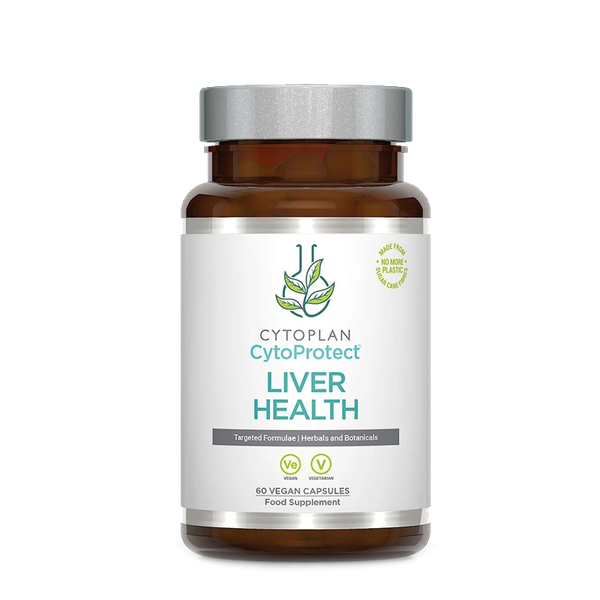
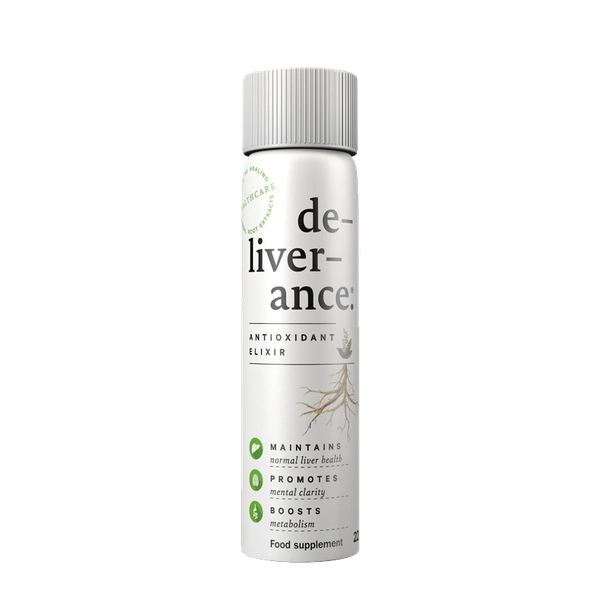
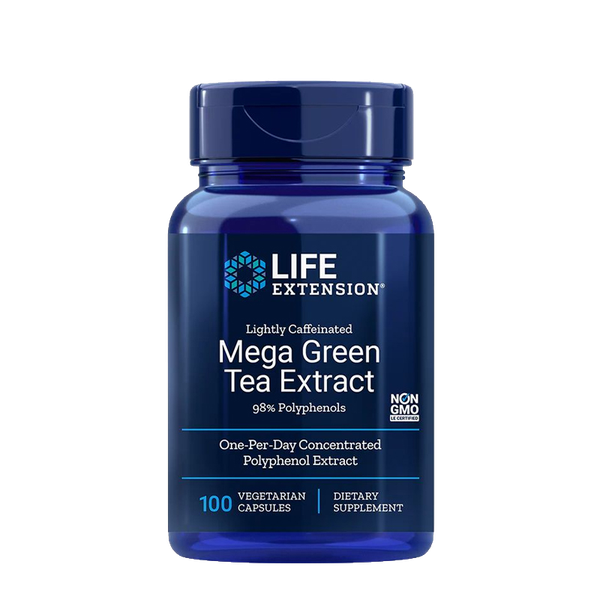
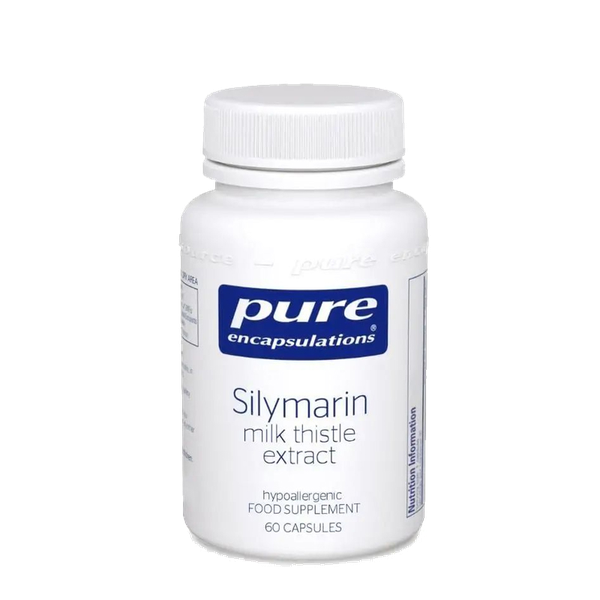
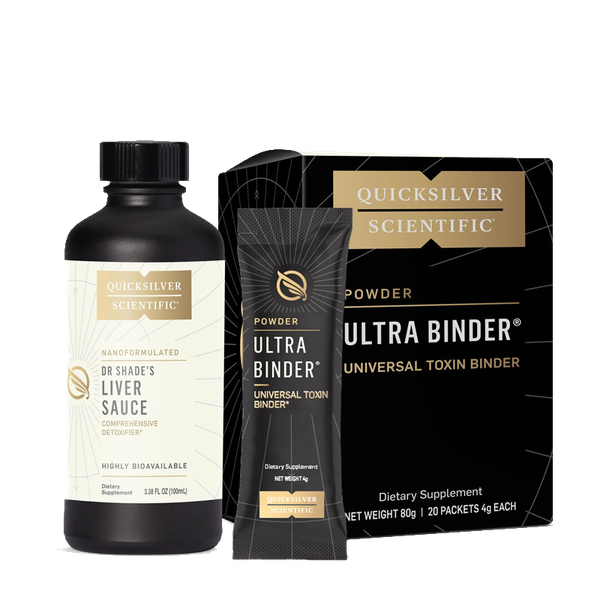
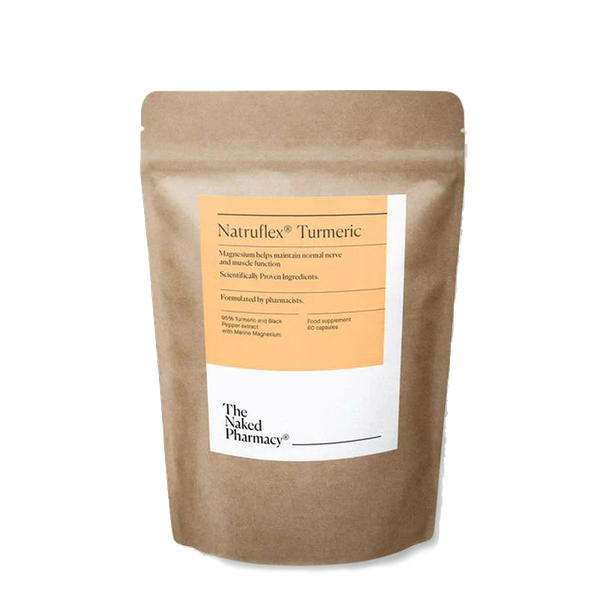
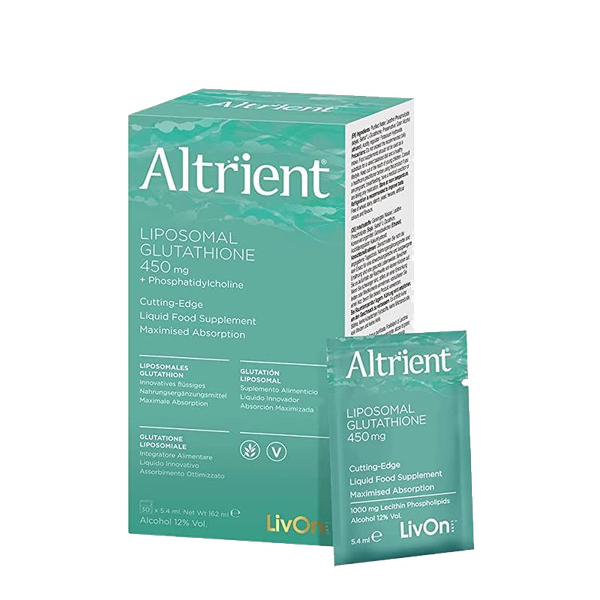
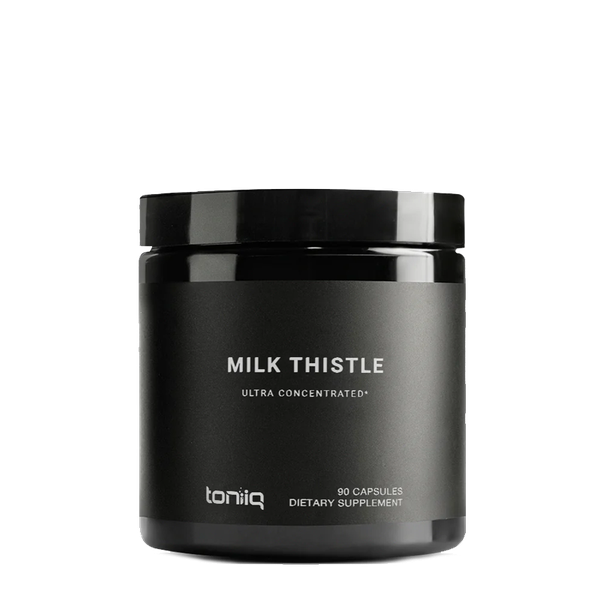
DISCLAIMER: Features published by SheerLuxe are not intended to treat, diagnose, cure or prevent any disease. Always seek the advice of your GP or another qualified healthcare provider for any questions you have regarding a medical condition, and before undertaking any diet, exercise or other health-related programme.
DISCLAIMER: We endeavour to always credit the correct original source of every image we use. If you think a credit may be incorrect, please contact us at [email protected].


